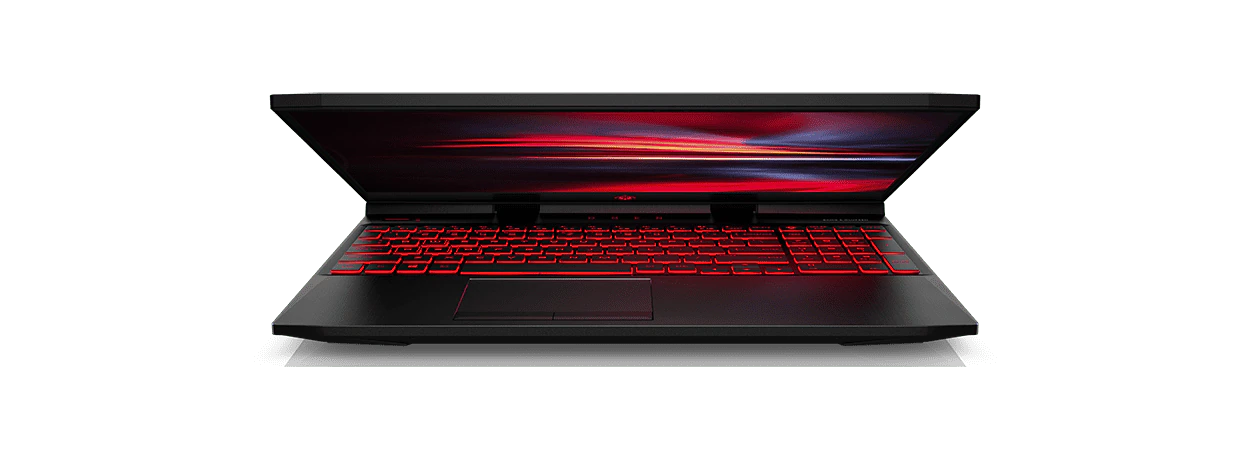Thank you for visiting the HONG KONG HP Store
-
Contact Us
CONTACT USChat with us
- Our specialist are here to help
- Live chat
- Sales
- 85264507529(WhatsApp)
-

- Post Sales
- 85230016720(WhatsApp)
Mon-Fri 8.30am - 5.30pm
(exc. Public Holidays)
Live product demo
Store finder Locate our storesSubmit feedback We value your opinion! - Location
- My Account
How to Tell If Your Computer Has Been Hacked and How to Fix It


In today’s interconnected world, Hong Kong residents face an ever-growing threat of cybercrime. With the city’s high internet penetration rate and bustling digital economy, it’s crucial for locals to stay vigilant against potential hacking attempts. Recent statistics suggest that hackers strike every 32 seconds globally, targeting not just corporations but also individuals’ personal devices.
This guide will help Hong Kong users recognize signs of a compromised computer and provide practical steps to fortify their digital defenses. Whether you’re a busy professional in Central or a student in Kowloon, understanding these cybersecurity basics is essential in our tech-driven city.
How to Tell if You’ve Been Hacked
The first step in protecting yourself is knowing what to look for. Keep a close eye on your most frequently used accounts, such as email, social media profiles, and online banking. Have your colleagues or family members mentioned receiving strange messages from you? Or perhaps you’ve spotted an unfamiliar transaction on your bank statement?
These breaches often indicate that a specific account has been compromised. If you notice any suspicious activity, take immediate action: change your password, notify the service provider, and try to identify the type of cyberattack to better secure your personal data.
Two Common Types of Attacks in Hong Kong
Let’s examine two prevalent cyberattacks and how to prevent and address them, keeping in mind the unique digital landscape of Hong Kong.
1. Denial-of-Service (DoS) Attack
A DoS attack often manifests as a sudden, unexplained change to your account password or inability to access key system settings. In some cases, it can escalate to a ransomware attack, where hackers attempt to extort money for the return of your stolen data.
To shield yourself from DoS attacks, follow these essential security practices:
- Use strong, unique passwords for each online account or consider a reputable password manager
- Set up an internet firewall
- Be cautious of phishing emails, which are increasingly sophisticated in Hong Kong
Here are four additional steps to prevent DoS attacks:
Monitor Your Online Account Settings
Regularly check your online accounts for any recent changes, especially on social media platforms popular in Hong Kong like Facebook and Instagram. These sites often allow you to secure your account if you suspect any suspicious activity.
Enable Two-Factor Authentication
Two-factor authentication adds an extra layer of security, even if your password is compromised. This feature, offered by many major companies, requires access to your phone in addition to your password, making it significantly harder for hackers to breach your accounts.
Check for Suspicious Logins
Most online services allow you to view recent login attempts, including the location or IP address. If you spot an unfamiliar login, immediately change your password and alert the company about the potential breach. Also, remove any linked financial information to prevent further damage.
Prevent Remote Access
While remote access is useful in certain work environments, it’s generally safer to disable this feature on personal devices. This helps prevent hackers from installing malware on your computer remotely.
To disable remote access on your Windows PC:
- Click the Windows Start button
- Type “Allow Remote Assistance invitations to be sent to this computer” in the search bar
- Uncheck the box next to “Allow Remote Assistance connections to this computer”
- Click Apply
To check for unauthorized remote access:
- Press Ctrl+Alt+Del
- Click on Task Manager
- Review your current processes
- Look for any unfamiliar or suspicious processes
You can also use the Windows Event Viewer app to check for unusual remote access attempts. Search for “Event Viewer” in the Windows search bar to access this tool.
2. Suspicious Applications on Your PC
If you find unfamiliar programs or applications on your computer, they could be malware designed to log your keystrokes or access your online accounts. It’s crucial to uninstall these immediately.
To ensure you can see all applications, start your Windows PC in Safe Mode before uninstalling any suspicious programs.
Beware of Fake Antivirus Messages
Malware often disguises itself as fake antivirus messages or unexpected pop-ups. If you encounter these, don’t click on them. Instead, close your browser and restart it in incognito mode. Then, verify that your computer’s legitimate antivirus program, firewall, task manager, and registry haven’t been disabled or altered.
Never download antivirus software without thorough research, especially if it seems questionable. To protect your system, consider a reliable antivirus solution like the HP ENVY 6420e All-in-One Printer, which includes built-in security features to safeguard your documents and data.
The Trojan Attack: A Growing Threat in Hong Kong
Fake antivirus software can serve as a Trojan, allowing cybercriminals to access your computer. If you accidentally install such a program, your operating system may view it as trusted, potentially leading to further malicious downloads.
If you fall victim to a Trojan attack:
- Format your hard drive (ensure you’ve backed up important data first)
- If formatting isn’t possible, download a malware removal tool from a clean device and transfer it via a USB drive
Browser Hijacking: A Common Issue
If your browser suddenly loads an unfamiliar homepage, it may be hijacked by a virus. To address this:
- Remove any unrecognized browser add-ons, extensions, and toolbars
- Reset your browser to its default homepage
- Remove unwanted search engines from your browser settings
- Restart your PC in Safe Mode and check if the issue persists
- If problems continue, run a comprehensive antivirus scan
Protecting Your Digital Life in Hong Kong
Staying ahead of hackers requires vigilance and proactive measures. Regularly check for unauthorized changes on your PC, especially newly installed programs or applications.
To enhance your cybersecurity, consider upgrading to a device with advanced security features. The HP Pavilion Plus 14-inch Laptop 14-ew1047TU offers robust protection against cyber threats, making it an excellent choice for security-conscious users in Hong Kong.
By following these guidelines and staying informed about the latest cybersecurity trends, you can significantly reduce your risk of falling victim to computer hacks. Remember, in our connected city, digital security is everyone’s responsibility.
For more information on HP laptops and HP desktops with enhanced security features, visit our product pages to find the right solution for your needs.
- Our specialist are here to help
- Live chat
- Sales
- 85264507529(WhatsApp)
-

- Post Sales
- 85230016720(WhatsApp)
Mon-Fri 8.30am - 5.30pm
(exc. Public Holidays)
Live product demo








